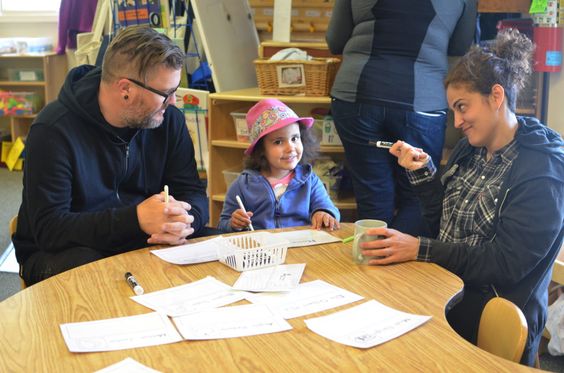Introduction:
Parent workshops are a valuable tool for fostering collaboration and communication between parents and schools. They provide an opportunity for parents to become more involved in their child’s education, learn effective strategies to support learning at home, and connect with other families. In order to ensure the success of these workshops, careful planning and organization are key factors. This article will guide you through the essential steps for planning your next parent workshop.
1. Determine Your Workshop Objectives
Before you start planning the event, it’s crucial to identify the main goals of your workshop so that you can tailor your content accordingly. Consider what outcomes you want to achieve – whether it’s building positive parent-school relationships, providing practical parenting tips, or offering guidance on specific educational matters.
2. Choose a Relevant Topic
When choosing a topic, consider the needs and interests of your participants. Conduct surveys or engage in conversations with parents and teachers to determine which topics they find most pressing. Some popular themes include child development milestones, digital safety, mental health awareness, and study habits.
3. Set a Date and Time
Select a date and time that is convenient for both families and school staff – this may require some flexibility as you accommodate different schedules. You may choose to hold multiple sessions at varying times to reach parents who cannot attend your first workshop.
4. Select a Location
Choose a comfortable location that can accommodate your expected number of attendees and is easily accessible for all participants – preferably within school premises, at community centers or even online.
5. Develop Your Content
Once your topic has been selected and logistics have been sorted out, it’s time to create engaging content for your workshop. If possible, divide the session into smaller segments such as presentations, group discussions, and interactive activities so that participants remain engaged throughout the event.
6. Invite Guest Speakers
If you’re not an expert on the chosen topic, seek out guest speakers who can provide valuable insights. Look out for experts in your community or from educational organizations who can bring a fresh perspective to enhance the learning experience.
7. Promote Your Workshop
Effective marketing is vital to ensure maximum attendance. Utilize multiple channels like email, social media, community boards, and school newsletters to inform parents about the event. Encourage attendees to invite friends and family members who may be interested.
8. Gather Feedback
After the workshop, it’s essential to collect feedback from participants on their experience. This valuable information will help you evaluate the success of your event and make improvements for future workshops.
9. Follow Up
Following up with attendees is a critical step in maintaining their interest and ensuring that the lessons learned during the workshop are implemented at home successfully. Send out helpful resources like articles, websites, guides, or videos that reinforce the ideas discussed during the session.
Conclusion:
Planning successful parent workshops requires a clear vision, thoughtful planning, and effective execution. By following these essential steps, you can create an engaging educational experience that will not only benefit parents but also foster strong partnerships between schools and families for students’ ongoing success.





